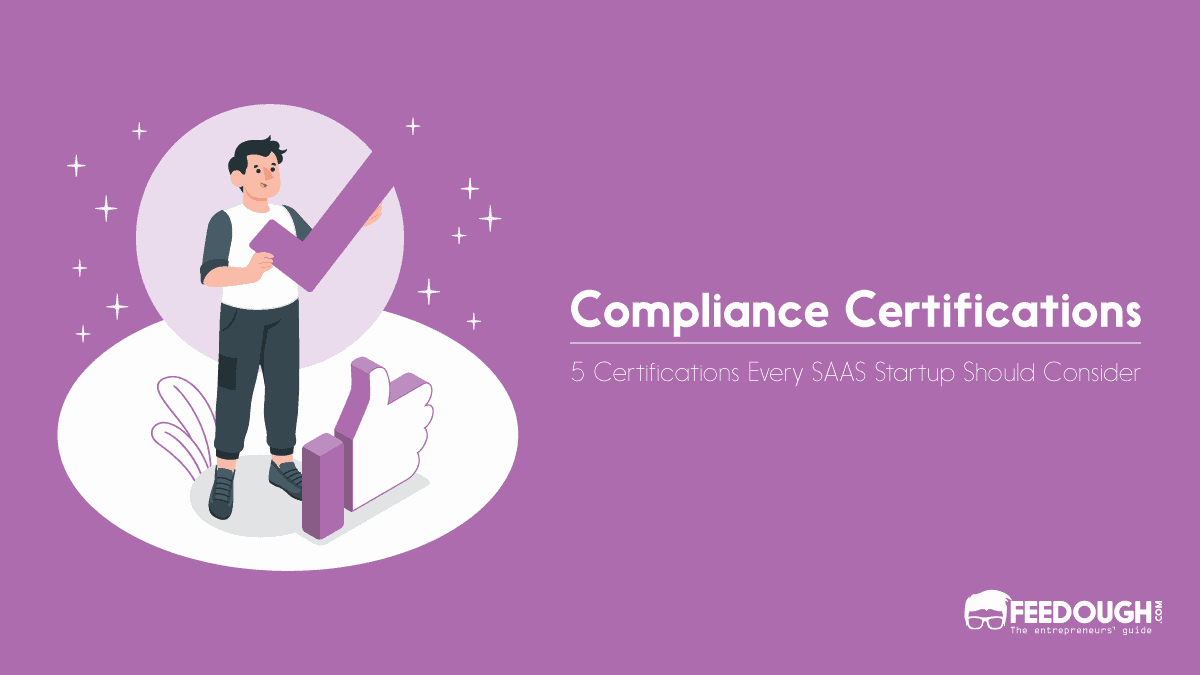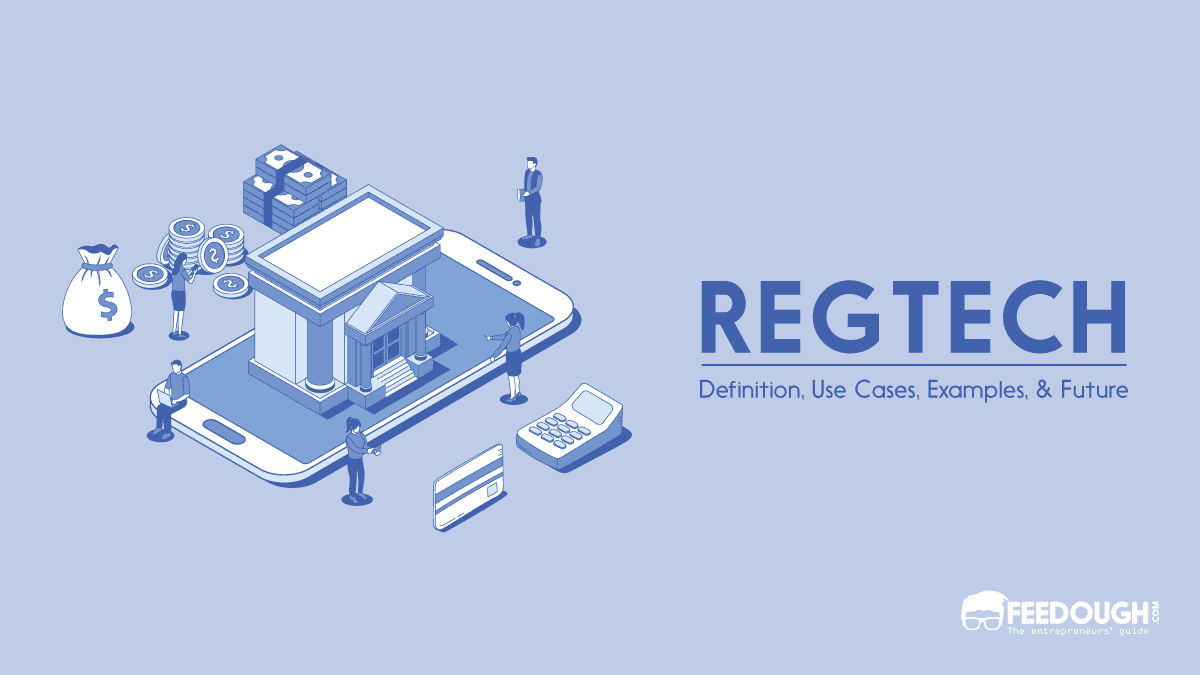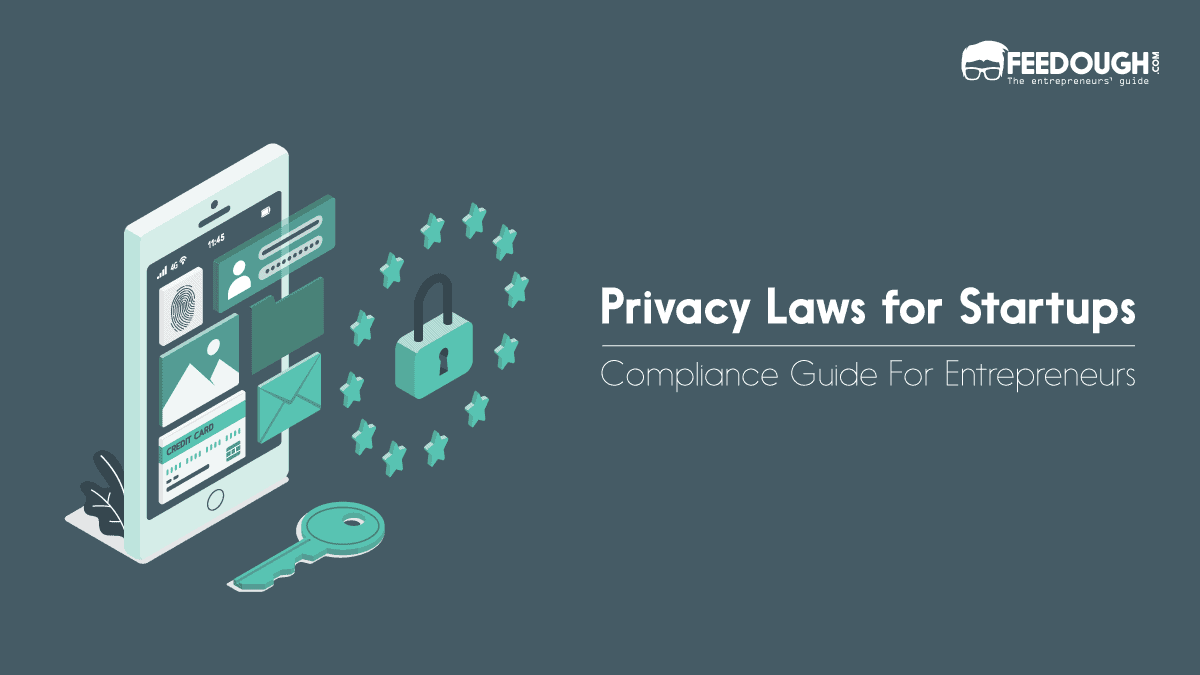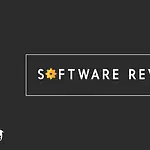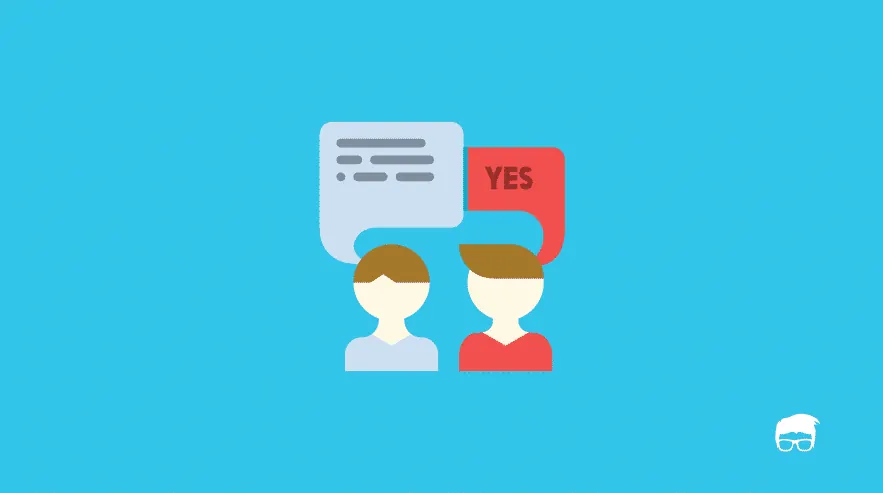Starting up isn’t as simple as creating and launching an idea on the internet. And when it comes to SAAS, you don’t just have to zero in on the tech stack and marketing strategy, but also the regulatory compliance aspect of your business. This is where compliance certifications come into play.
Compliance certifications refer to a set of guidelines and regulations that businesses must adhere to to ensure user data’s security, privacy, and confidentiality. These certifications are not only important for building trust with your customers but also for staying compliant with the law.
So, to help you navigate through the complex world of compliance certifications, here are five essential compliance certifications that you should consider for your SAAS startup:
SOC 2 (System and Organisation Controls 2)
SOC 2 or System and Organisation Controls 2 is a compliance certification focusing on the security, availability, processing integrity, confidentiality, and user data privacy.
It was designed by the American Institute of Certified Public Accountants (AICPA) to ensure that businesses are following industry-standard security and privacy practices. This certification is tailored explicitly for service organisations that store or process sensitive information in the cloud.
SOC 2 has two types of reports – Type 1 and Type 2.
- The Type 1 report evaluates whether your organisation’s controls are designed effectively to meet the SOC 2 criteria at a specific point in time.
- The Type 2 report verifies not only the design but also the effectiveness of the controls over a period of time, typically 6-12 months. This provides a more comprehensive understanding of your organisation’s security and privacy practices.
Importance of SOC 2 (What Can Non-compliance Lead To?)
SOC 2 compliance is crucial for SAAS organisations that handle sensitive data, such as personally identifiable information (PII), financial information, or healthcare records. Not being SOC 2 compliant can have serious consequences, like –
- Security vulnerabilities – While not always the case, non-compliance with SOC 2 standards can indicate potential security vulnerabilities in an organisation’s systems and processes. This can leave sensitive data at risk of being compromised by hackers or malicious actors.
- Legal consequences – In some industries, such as healthcare or finance, compliance with SOC 2 is legally required. Failure to comply can result in hefty fines or other legal consequences for the organisation.
- Loss of trust and reputation – A major data breach due to non-compliance can lead to loss of trust from customers and damage to the organisation’s reputation. This could lead to a decrease in customer retention and new business opportunities.
- Limited growth potential – Many enterprise customers require their SAAS providers to be SOC 2 compliant in order to do business with them. Non-compliance can limit the organisation’s potential for growth and expansion into new markets.
ISO/IEC 27001
ISO/IEC 27001 is a globally recognised information security management system (ISMS) standard that provides a framework for organisations, especially SAAS providers, to manage and protect sensitive information from various threats.
Complying with this standard can help SAAS providers demonstrate their commitment to security and build trust with their customers.
This standard focuses on the confidentiality, integrity, and availability of information within an organisation.
It also requires organisations to conduct risk assessments and implement appropriate security controls to mitigate potential risks.
Additionally, ISO/IEC 27001 certification can give SAAS providers a competitive advantage in the market by providing assurance to customers that their data is secure.
Importance of ISO/IEC 27001 (What can Non-compliance lead to?)
An ISO/IEC 27001 certification is important not only to ensure the security of customer data but also to carry several other benefits for SAAS providers. Non-compliance with this standard can have serious consequences for an organisation.
Firstly, non-compliant organisations may face legal liabilities and financial penalties in case of a data breach or loss of sensitive information. This can damage the organisation’s reputation and trust among its customers, resulting in a potential loss of business.
Moreover, non-compliance can disrupt services and operations, causing financial losses due to downtime and delays in production. It can also hinder the growth and expansion of the organisation, as many potential clients may require ISO/IEC 27001 certification as a prerequisite for partnership or collaboration.
HIPAA (Health Insurance Portability and Accountability Act)
If you’re a SAAS company operating in the healthcare industry, then HIPAA compliance is of utmost importance. This act was created to protect sensitive patient information and ensure its confidentiality, integrity, and availability.
The penalties for non-compliance with HIPAA can be severe, ranging from fines to imprisonment. Failure to comply with HIPAA regulations can also result in reputational damage and loss of trust among patients and healthcare partners.
Some key steps to achieving HIPAA compliance include conducting regular risk assessments, implementing physical and technical safeguards for protecting electronic protected health information (ePHI), and training employees on privacy policies and procedures.
Importance of HIPAA (What can Non-compliance lead to?)
Even though it may seem like a tedious compliance task, HIPAA is crucial for protecting patient data and maintaining the integrity of healthcare systems.
Non-compliance with HIPAA regulations can have serious consequences, not healthcare organisations but even for SAAS providers that handle PHI.
Some of the potential risks and implications of non-compliance include:
- Legal penalties: Violations of HIPAA can result in significant fines and legal action being taken against covered entities and business associates. The financial penalties can range from $100 to $50,000 per violation, depending on the level of negligence.
- Loss of trust: Failure to protect patient information can lead to loss of trust among patients and partners, resulting in reputational damage. This could have long-term implications for the organisation’s success and growth.
- Civil and criminal liability: Besides financial penalties, HIPAA violations can also result in civil and criminal liability. This means that individuals involved in the violation could face charges and even imprisonment.
- Patient safety concerns: HIPAA regulations often require strict standards for data security, which may limit access to patient information in emergency situations. This could potentially impact patient care and safety if vital information is not readily available.
GDPR (General Data Protection Regulation)
Introduced in 2018 by the European Union, GDPR is a comprehensive set of data protection regulations that aim to strengthen and unify European data privacy laws.
This regulation governs how organisations, including SAAS companies, collect, process, and store EU citizens’ personal data.
It doesn’t matter if the company is located in the EU or not, as long as they are dealing with personal data of EU citizens, they must comply with GDPR.
The purpose of GDPR is to give individuals more control over their personal data and simplify the international business regulatory environment by unifying regulations within the EU.
Under this regulation, individuals have the right to access, rectify, restrict or erase their personal data held by companies. They also have the right to be informed about how their data is being used and can opt out of direct marketing.
Companies must obtain explicit consent from individuals before collecting and processing their personal data. This includes clearly stating why the data is being collected and how it will be used. In addition, companies must implement necessary security measures to protect personal data from unauthorised access or disclosure.
Furthermore, the GDPR also requires companies to appoint a Data Protection Officer (DPO) who is responsible for ensuring compliance with the regulation. This individual must have expert knowledge of data protection laws and practices and act as a point of contact for individuals and authorities regarding all matters related to personal data processing.
Importance of GDPR (What can Non-compliance lead to?)
Non-compliance with the GDPR can lead to serious consequences for companies. The regulation has strict penalties for violations, including fines of up to 4% of a company’s global annual revenue or €20 million (whichever is higher).
These fines are significantly higher than previous data protection regulations and strongly incentivise companies to comply with the GDPR. And it’s problematic for SAAS companies.
Some examples of companies that have faced fines for non-compliance include Google ($57M), British Airways (£20M), and Marriott International (£18.4M).
Aside from financial penalties, non-compliance can also damage a company’s reputation and erode customer trust.
Non-compliant companies may also face legal action from individuals whose data has been mishandled. This can result in costly lawsuits and further damage to a company’s reputation.
Furthermore, non-compliance with the GDPR can also lead to business disruptions as companies may be required to change their processes and systems to comply with the regulation. This can be time-consuming and expensive, especially for smaller businesses that may not have the resources to make these changes easily.
PCI DSS (Payment Card Industry Data Security Standard)
PCI DSS, or Payment Card Industry Data Security Standard, is an important regulation that aims to ensure the security of credit card transactions and protect cardholder data. It was developed by major credit card companies, including Visa, Mastercard, American Express, and Discover, to establish a set of requirements for businesses that process or store credit card information.
If you’re a SAAS company, just adding Stripe/PayPal/etc doesn’t automatically make you PCI DSS compliant. You still need to ensure that your processes and systems meet the requirements set forth by this standard.
This includes implementing secure network protocols, regularly testing security systems, and conducting internal audits to identify any potential vulnerabilities.
To comply with PCI DSS, businesses must
- Identify and categorise cardholder data flows.
- Implement strong access control measures and maintain secure systems.
- Regularly monitor and test networks.
- Complete the appropriate Self-Assessment Questionnaire (SAQ) and, if required, undergo a formal assessment by a Qualified Security Assessor (QSA)
The SAAS businesses must also regularly train their employees on security protocols and ensure that any third-party vendors they use are also following the necessary security measures.
Additionally, businesses must have a response plan in place in case of a data breach or other security incident. This includes notifying affected parties, investigating the cause of the breach, and implementing steps to prevent future incidents.
Importance of PCI DSS (What can Non-compliance lead to?)
Unlike strict regulations such as HIPAA or GDPR, PCI DSS compliance is not legally mandated for all businesses. However, non-compliance can seriously affect businesses that handle payment card information.
Firstly, businesses that are found to be non-compliant with PCI DSS may face hefty fines from the card brands and acquiring banks. These fines can range from $5,000 to $100,000 per month, and they can witness increased transaction fees and the potential loss of the ability to process credit card payments.
In addition to financial penalties, non-compliant businesses risk damaging their reputation and losing customer trust. A data breach can result in negative publicity and a loss of customer confidence, leading to a potential loss of business.
Furthermore, if a business experiences a data breach due to non-compliance, it may also be subject to legal action from affected customers. This can result in costly lawsuits and settlements, further impacting the business’s financial stability.
A startup consultant, digital marketer, traveller, and philomath. Aashish has worked with over 20 startups and successfully helped them ideate, raise money, and succeed. When not working, he can be found hiking, camping, and stargazing.
